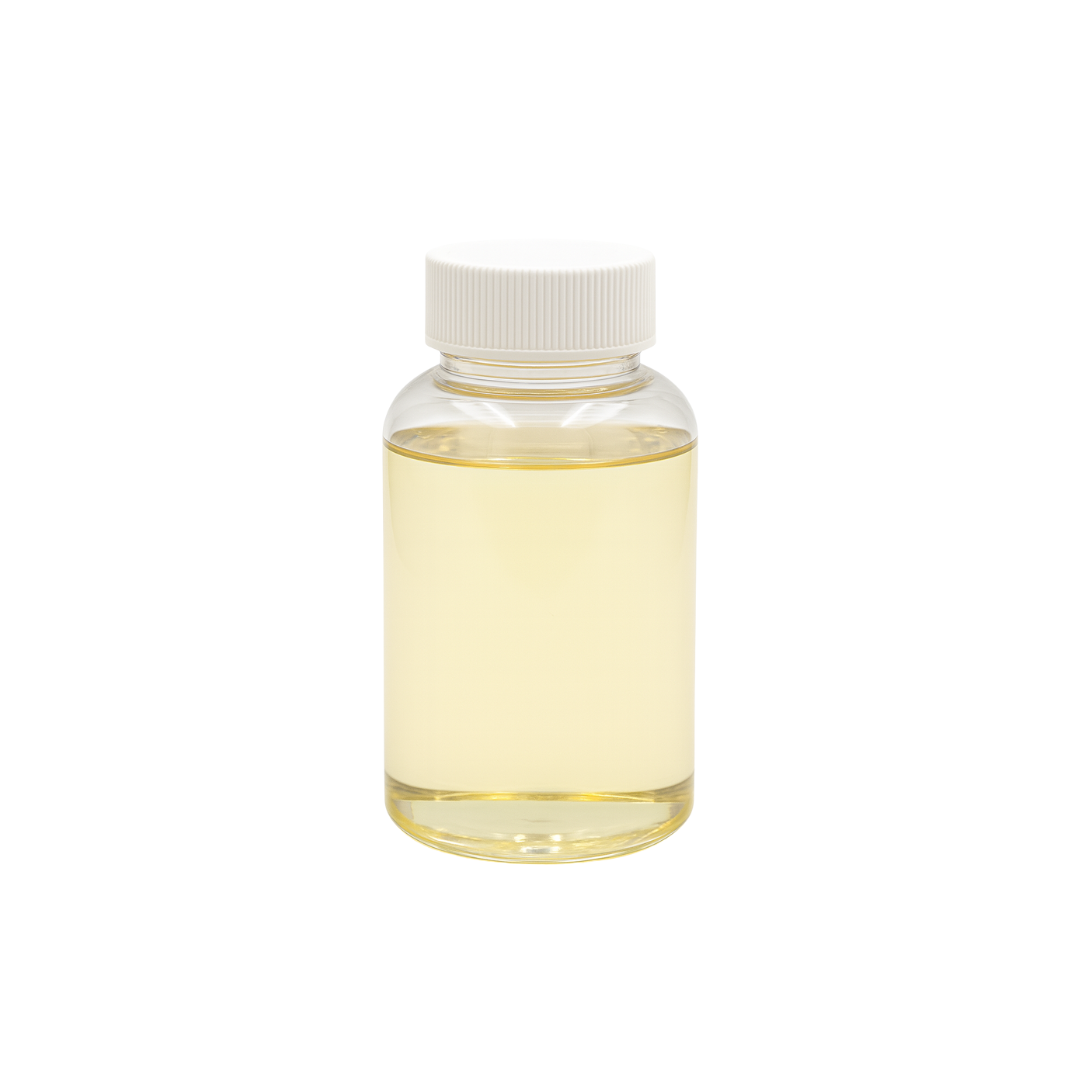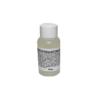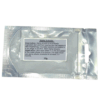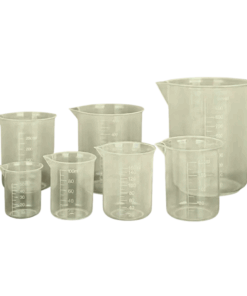Glycolic Acid (70%) – 50ml
R131,00
Glycolic Acid (70%) – 50ml – a versatile ingredient that can address a range of skin concerns and improve the overall appearance and texture of the skin
9 in stock
Glycolic Acid (70%) – 50ml -PLEASE NOTE THAT THIS PRODUCT IS UNDILUTED AND SHOULD BE USED WITH DILUENTS AND NEUTRALISERS
Key Features:
-
Exfoliating Properties: Glycolic acid is a water-soluble AHA that works by loosening the bonds between dead skin cells. This encourages their shedding, revealing newer, fresher skin beneath.
-
Penetration: Due to its small molecular size, glycolic acid penetrates the skin more deeply than some other AHAs. This makes it particularly effective at promoting skin renewal.
Common Uses of Glycolic Acid:
-
Chemical Peels: Glycolic acid is a key ingredient in professional chemical peels used to treat various skin concerns, such as acne, hyperpigmentation, and signs of aging.
-
Skincare Products: It is a common component in over-the-counter skincare products, including cleansers, toners, serums, and moisturizers, designed for regular use to improve skin texture and tone.
-
Acne Treatment: Glycolic acid helps to unclog pores, reduce oil production, and enhance overall skin texture, making it beneficial for acne-prone skin.
-
Anti-Aging: Regular use promotes collagen production, which improves skin firmness and reduces the appearance of fine lines and wrinkles.
-
Hyperpigmentation: Glycolic acid fades dark spots and evens out skin tone by exfoliating the top layer of skin and stimulating the growth of new, evenly pigmented skin cells.
Benefits of Glycolic Acid:
-
Exfoliation: Glycolic acid gently removes dead skin cells, leaving the skin smoother and brighter.
-
Collagen Production: It stimulates collagen production, which enhances skin elasticity and reduces the appearance of wrinkles.
-
Improved Texture: With regular use, it leads to smoother, softer skin with a more even texture.
-
Reduced Hyperpigmentation: Glycolic acid helps to fade dark spots, providing a uniform skin tone.
-
Acne Control: It is effective at managing acne by unclogging pores and reducing inflammation.
Important Considerations:
While glycolic acid offers numerous benefits, it can increase skin sensitivity to the sun. Therefore, sunscreen is essential when incorporating glycolic acid into your skincare routine. If you have sensitive skin, it’s recommended to start with lower concentrations and gradually increase usage as your skin becomes accustomed.
Conclusion:
Glycolic acid is a versatile skincare ingredient that can help address a variety of skin concerns. Whether you’re looking to reduce the signs of aging, manage acne, or enhance your skin’s radiance, glycolic acid is a valuable addition to your skincare regimen when used responsibly with proper sun protection.
🛑 Avoid If:
-
You’re pregnant (without doctor approval)
-
You have active acne, rosacea, eczema, or broken skin
-
You’re using Accutane or recently stopped (within 6 months)
| Weight | 0,100 kg |
|---|---|
| Dimensions | 6 × 6 × 10 cm |











